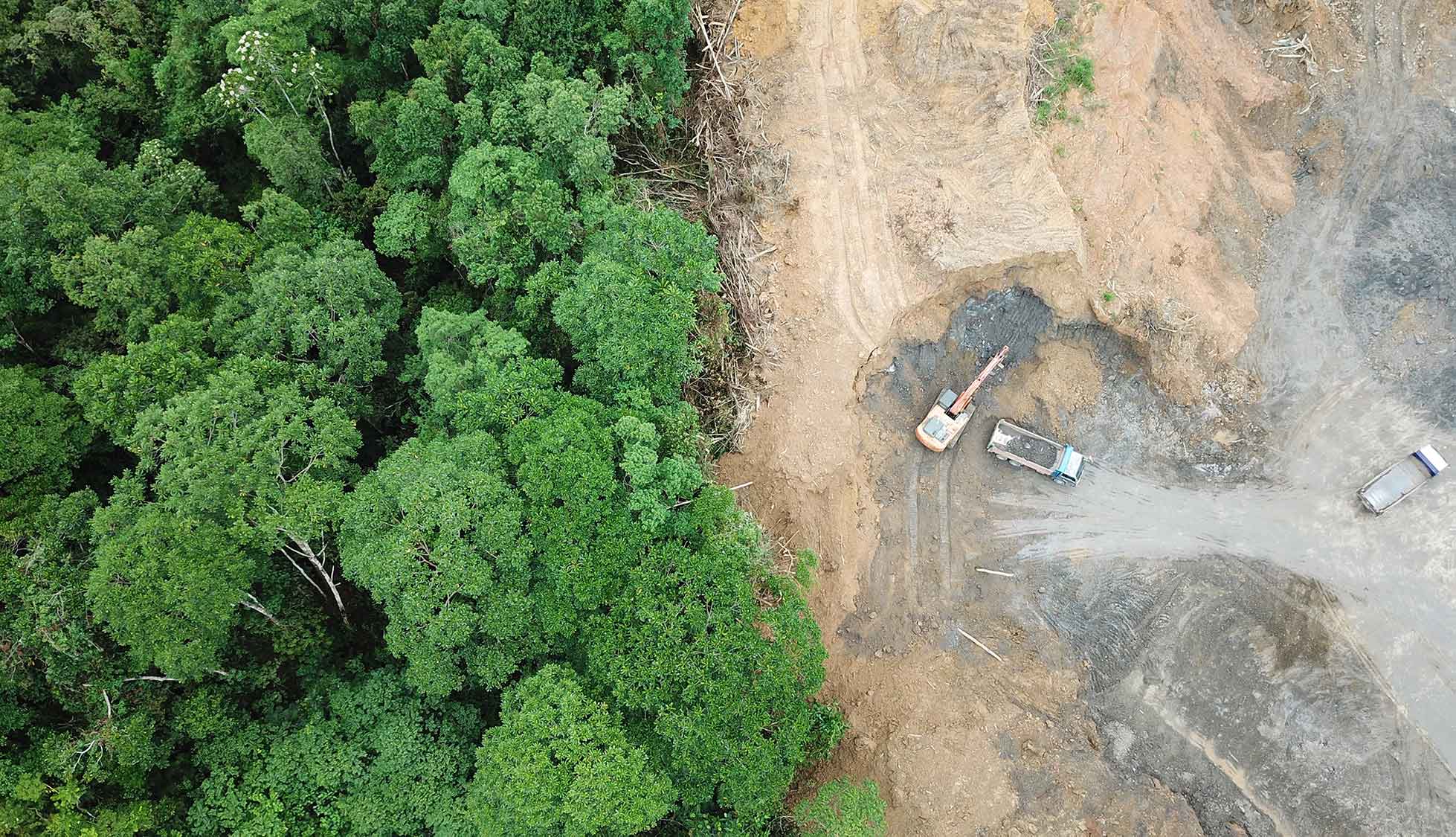The World Wildlife Fund (WWF) presented the Living Planet Report, which shows that controlled populations of endangered wildlife species have declined by an average of 69% between 1970 and 2018. In Latin America and the Caribbean, they even decreased by an average of 94%.
According to the report, the main causes of global wildlife population decline are habitat degradation and loss, species exploitation, the introduction of invasive species, pollution, climate change and disease.
Deforestation plays an important role in the disappearance of wildlife habitats. Of particular concern is the rapid deforestation of Latin America for agricultural purposes.
Bio-energy
WWF is concerned that the energy crisis caused by the Ukraine war will also lead to increased use of bioenergy in Europe. In the EU, biomass for energy (bioenergy) is the main source of renewable energy, with a share of almost 60%. The use of biomass for energy is already subject to strict sustainability criteria. For instance, suppliers must demonstrate that the wood comes from sustainably managed (not biodiverse) forests.
In the Netherlands, the vast majority (more than 80%) of biomass used for energy is supplied under sustainability certification. The remainder consists mainly of relatively small residual and waste streams, according to the most recent annual report of the Dutch Bio-economy Platform.
Image: Rich Carey/Shutterstock



